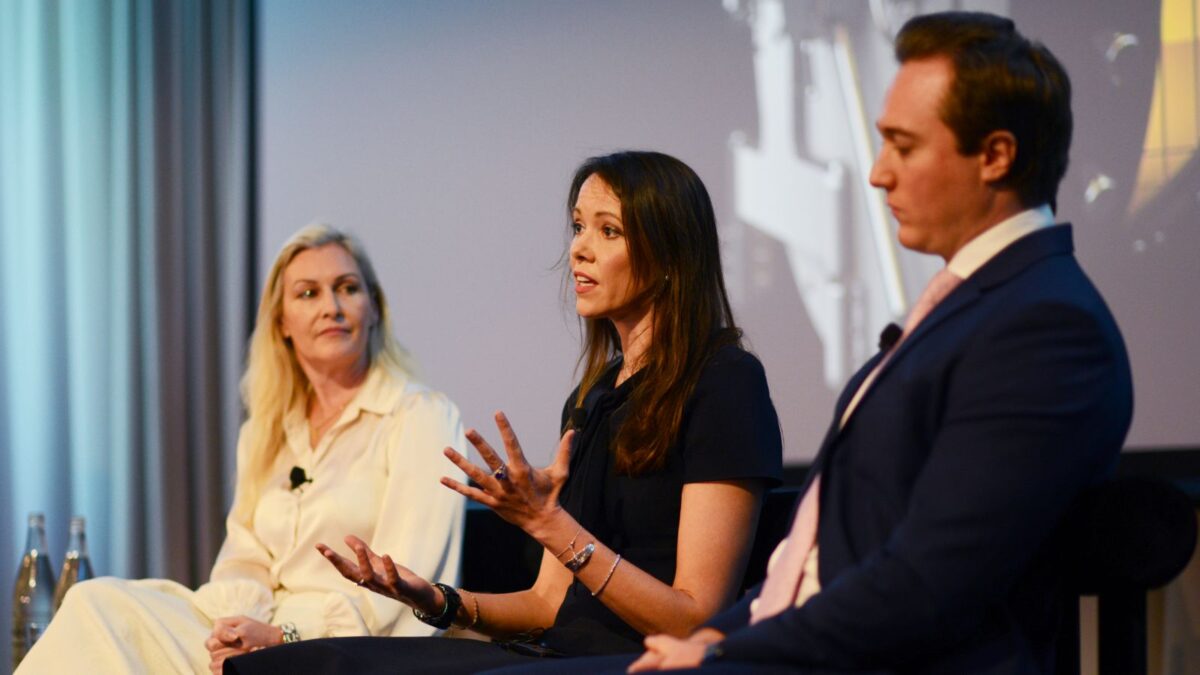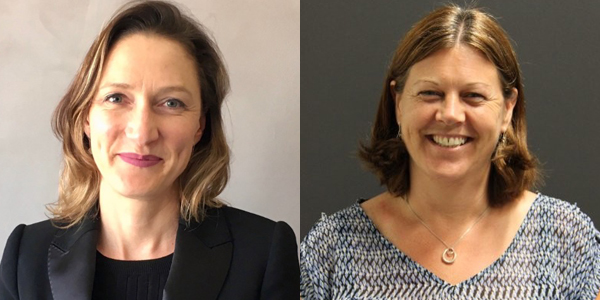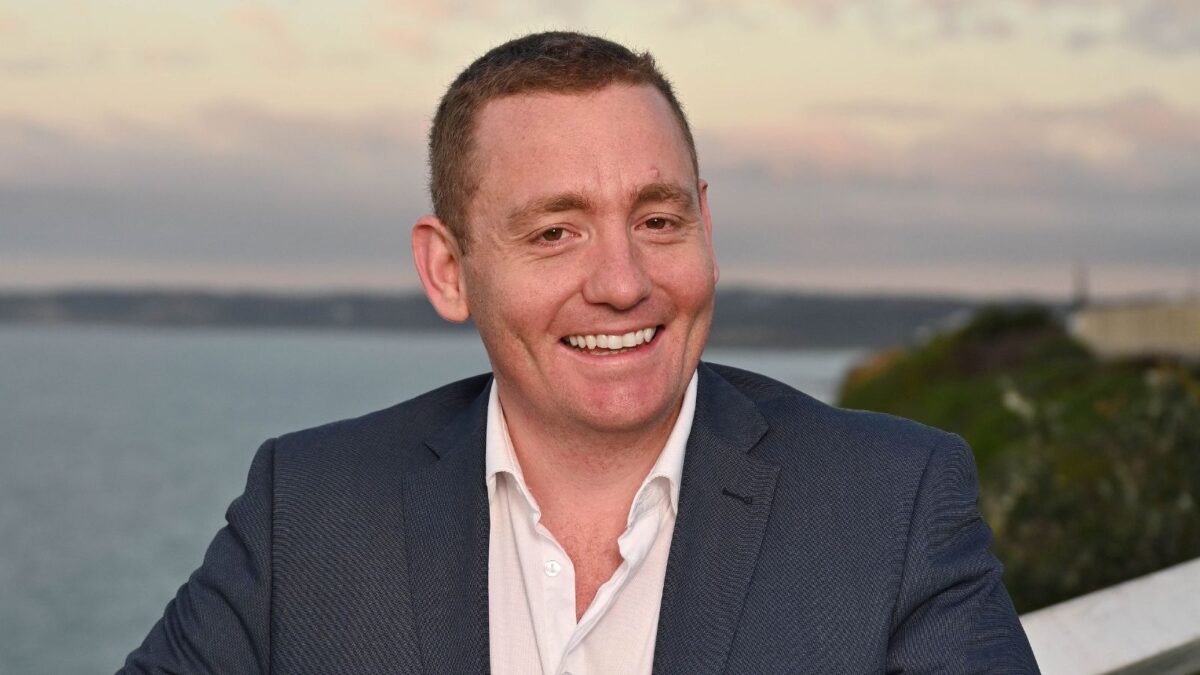Hosting a virtual event? Learn from Mothers Day Classic
People in the investment industry, as well as media and events, are taking stock of what can be learned and retained from how we coped with COVID-19 so far – as has been going on in most other industries. Perhaps the best-case study for very big events was provided by the organisers of Mothers Day Classic last week (June 9).
The Mothers Day Classic, in its 23rd year, has raised $37 million for breast cancer research. The event, involving co-ordinated fun runs, walks, and other activities involving various groups of superannuation and investment industry, family, friends and even pets, traditionally attracted up to 100,000 people at about 100 locations around Australia.
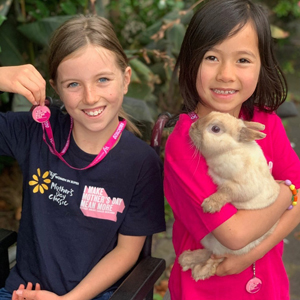
It was to be held on Mothers Day, as always, which this year was on May 10, but Australia was still in lock-down. We were still allowed to exercise and have fun at home, though, and that’s exactly what the Mothers Day Classic Foundation (MDC) managed to adjust to in very quick time. It managed to sign up more than 50,000 people for the ‘event’, which included an important build-up campaign. It also retained all of its major sponsors. MDC, in a sense, turned the one-day event into a celebration, raising money over about two months. Donations are still being accepted up to June 30.
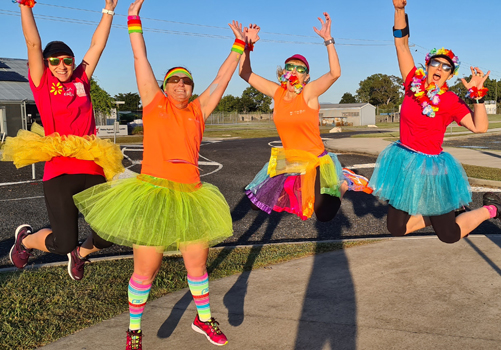
Zara Lawless, the MDC chief executive, who joined the organisation only six months earlier, examined what was achieved under trying circumstances, presenting lots of ideas for the future in a webinar presented by Women in Super (WIS) on June 9 as part of the WIS ‘State of Play’ series. Sandra Buckley, the WIS chief executive, said MDC was the first national event to commit to continue as a virtual event. And it changed tack in just 48 hours. WIS founded MDC, under the WIS founder, the late Mavis Robertson, together with Louise Davidson, in 1998, and remains its major supporter.
“For us, cancellation was never an option,” Lawless said. “Less than two months out, by mid-March, a lot of work had already been done on the [traditional] event. You can imagine, something of that size and complexity takes six-eight months to produce. Then at the ‘pivot point’ decisiveness was essential. A lot of events were looking at whether to cancel or postpone. We decided within 48 hours of the first warnings. We had to provide clear communications. For instance, we already had people preparing signage for all the locations. We had to articulate the ‘North Star’.”
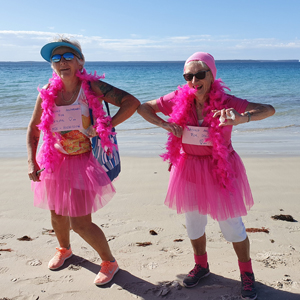
She said MDC had to engage with and respect all the feedback and complaints it would get. She advised people in that position to not be afraid to ask for help. Partnerships were vital, especially with the media, including television and radio and corporate partners. “You embrace the uncertainty and be empowered by it, allowing innovation and creativity to flourish.”
Post the decision to pivot, the key principles of corporate success held truer than ever,” Lawless said. A lot had to change, requiring accountability and clarity of roles. “We had to have value over activity. We had to recognise ‘busy work’ and stop it. MDC could not afford to waste any time. It was excellence over perfection. We needed to challenge decisions by encouraging respectful robust debate.”
MDC managed to double its usual number of media mentions over the course of the campaign because of its “fantastic new story to tell”. Lawless said: “We have a fantastic media manager and I think I spoke to nearly every ABC regional radio station. We became a bit addicted to our Facebook page too. Some of the best stories were posted there, logging people’s virtual progress. People were getting out and about in pink gear everywhere.” It became a virtual platform curating content that was engaging, inspiring and informative for the exclusive use of participants. “One of my favourite comments was people saying: ‘it felt like an event’. People dressed up in incredible outfits.”

Big funds and other sponsors came up with interesting ideas. Cbus hosted a men’s health program on the MDC site. HESTA, a gold sponsor, produced a ‘Run Like Mum’ music playlist, to which people could contribute, which was very popular. Some funds had a record number of team members participating. In its feedback, HESTA said MDC this year was “a trailblazer in how virtual events should be held”. The five key takeaways from the experience, according to Lawless, were:
- Have a clear understanding and be true to your core
- Clearly define your ‘North Star’ and follow it
- Know your ‘superpowers’ and maximise them. “For us they were our volunteers. We looked to hand over the event to them.”
- Excellence over perfection, value over activity mindsets, and
- Communicate, communicate, communicate.
The webinar, in the ‘State of Play’ series, organised by Women in Super, went broader than the super industry, with takeaways for everyone involved in fund raising and marketing. The next one, with presenter Jan Berriman, the director of National Housing at YWCA Australia, is being held on June 17. Others, such as the story of Super Friend, the industry-supported mental health education organisation, to be presented by Margo Lydon, its chief executive – a subject which has obviously gained greater immediate relevance due to COVID-19 – is scheduled for June 26. The ‘State of Play’ is an informative and inexpensive series of webinars.
For information on the schedule and registration details: go to
– G.B.

